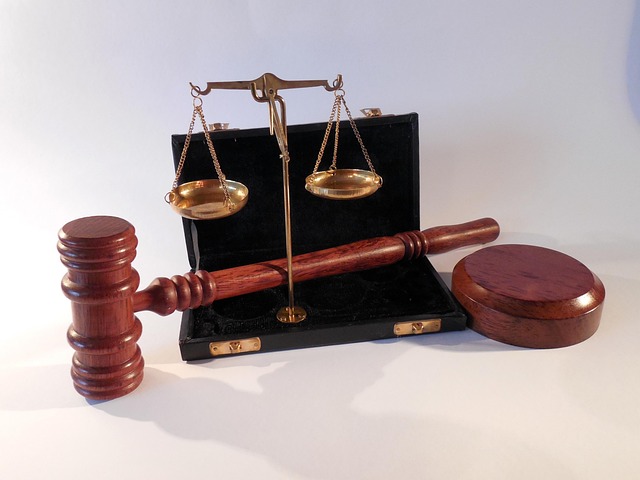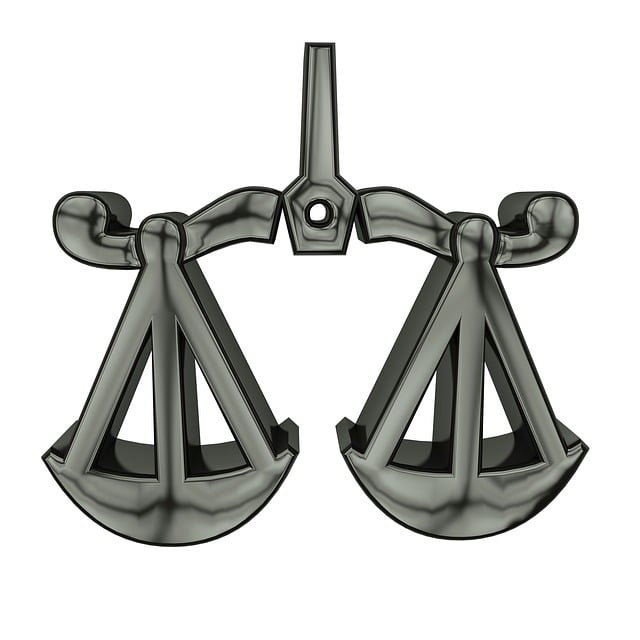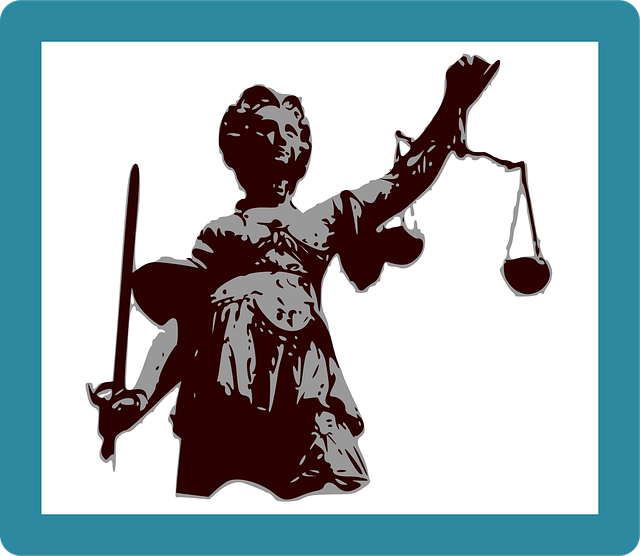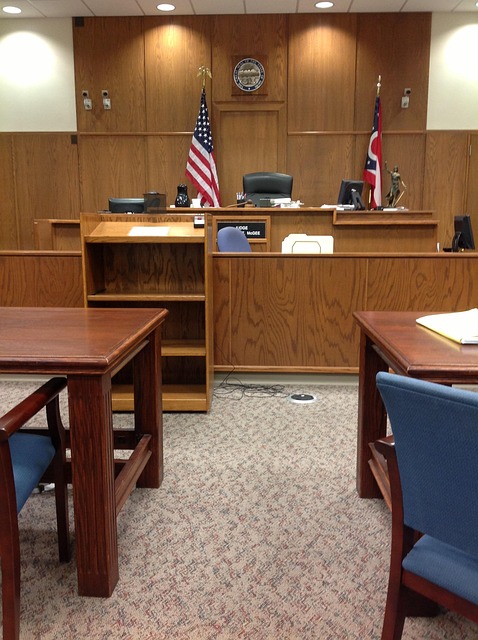"Public Corruption Charges: Navigating Legal Frameworks and Conflict Resolution Strategies" delves into the complex world of white-collar crimes, focusing on bribery, fraud, and abuse of power by public officials. Understanding jurisdiction-specific laws is crucial for defense verdicts, where co-founders can employ effective communication and legal expertise to mitigate severe penalties. Conflict resolution strategies like plea bargaining, mediation (Alternative Dispute Resolution – ADR), and open communication build trust, avoid public scrutiny, and preserve relationships. Preventive measures, including robust compliance training and ethical culture establishment, significantly reduce risks for startups. Conflict Resolution Strategies for Co-Founders are vital tools in effectively tackling public corruption charges.
“Public corruption charges pose significant challenges for co-founders and startups, with far-reaching implications for society and businesses. This article explores the intricate landscape of public corruption, its legal definitions and frameworks, and the impact on communities and enterprises. We delve into conflict resolution strategies tailored for co-founders facing allegations, offering insights into navigating these complex cases. Additionally, we emphasize preventive measures, highlighting the crucial role of fostering an ethical culture within startups to mitigate corruption risks.”
- Understanding Public Corruption Charges: Definitions and Legal Framework
- Impact of Corruption on Society and Businesses
- Common Conflict Resolution Approaches in Corruption Cases
- Strategies for Co-Founders Facing Corruption Allegations
- Preventive Measures: Building Ethical Culture within Startups
Understanding Public Corruption Charges: Definitions and Legal Framework

Public Corruption charges refer to allegations of illicit behavior by individuals holding public office or power. These include misusing their positions for personal gain, bribery, fraud, and abuse of resources. Understanding these charges requires delving into the legal frameworks that define them. In many jurisdictions, laws specifically address white-collar and economic crimes, establishing guidelines for investigation, prosecution, and punishment.
Navigating public corruption cases involves intricate conflict resolution strategies. Accused individuals often face severe consequences, including substantial fines, imprisonment, and damage to their reputation. Winning challenging defense verdicts hinges on presenting compelling evidence, disputing the prosecution’s claims, and leveraging legal loopholes or procedural errors. Across the country, successful defenses have shown that a thorough understanding of the law and effective communication can lead to positive outcomes, even in seemingly insurmountable cases.
Impact of Corruption on Society and Businesses

Corruption, a cancer that eats away at the fabric of society, significantly impacts both individuals and businesses. When public officials abuse their power for personal gain, it creates an environment of uncertainty and mistrust. This undermines legitimate entrepreneurs, hinders economic growth, and diverting resources from essential services to lining the pockets of a few. The consequences are far-reaching: reduced investment, stifled innovation, and a decline in the quality of life. Businesses, especially small enterprises, struggle to compete in such an environment, often finding themselves at a disadvantage against corrupt entities with access to illicit funds.
The impact extends beyond financial loss; it erodes the rule of law and undermines democratic institutions. This discourages foreign investment, as companies seek stable environments for their respective businesses. Achieving extraordinary results becomes more challenging when ethical conduct is compromised. Moreover, white-collar and economic crimes perpetuate a cycle of inequality, further straining societal cohesion. Effective conflict resolution strategies for co-founders, including open communication, transparency, and robust compliance mechanisms, can help mitigate these effects by fostering integrity within organizations and promoting fair practices in the business landscape.
Common Conflict Resolution Approaches in Corruption Cases

In addressing public corruption charges, several conflict resolution strategies have proven effective. One common approach is plea bargaining, where accused individuals agree to plead guilty to a lesser charge in exchange for reduced sentencing. This method can be particularly useful for white-collar defense, as it allows for more control over the outcome for clients facing serious allegations.
Mediation and arbitration are also employed across the country in corruption cases. These alternative dispute resolution (ADR) techniques involve third-party facilitators who help negotiate agreements between all parties. Unlike traditional litigation, ADR can be faster, less adversarial, and often results in more mutually agreeable outcomes for co-founders or individuals involved in complex business transactions that have led to corruption charges.
Strategies for Co-Founders Facing Corruption Allegations

When co-founders find themselves facing public corruption charges, a strategic approach to conflict resolution is paramount. The first step is to engage experienced legal counsel specializing in white-collar defense, as this complex area demands nuanced expertise. Building on that foundation, co-founders should prioritize open and transparent communication, ensuring their clients are fully informed about the case’s progress and potential outcomes. This openness fosters trust and allows for better collaboration during what can be a stressful and confusing period.
Additionally, developing a robust conflict resolution strategy involves exploring alternative dispute resolution methods like mediation or arbitration. These processes can offer a more controlled environment to negotiate resolutions, potentially avoiding the public scrutiny of a trial. For high-stakes cases, where reputations and business interests are on the line, these strategies can be instrumental in reaching favorable outcomes while maintaining privacy and preserving relationships.
Preventive Measures: Building Ethical Culture within Startups

Preventive measures are crucial for startups aiming to foster a culture of integrity and avoid public corruption charges. Building an ethical foundation from the outset involves implementing robust conflict resolution strategies among co-founders and key stakeholders. Effective communication channels, transparent decision-making processes, and clear guidelines on ethical conduct can significantly mitigate risks.
By promoting open dialogue, startups can address potential conflicts before they escalate. Moreover, regular training sessions focusing on compliance and ethics ensure that all corporate and individual clients are aware of their responsibilities. This proactive approach not only helps in achieving extraordinary results but also enables the startup to navigate legal complexities with ease, thereby winning challenging defense verdicts.
Public corruption charges significantly impact society and businesses, undermining trust and hindering economic growth. Understanding the legal framework behind these charges is crucial for navigating their effects. While common conflict resolution approaches offer some guidance, co-founders facing allegations must employ tailored strategies to mitigate damage. Preventive measures, such as fostering an ethical culture within startups from the outset, are essential to avoid and address corruption-related issues effectively, ensuring long-term sustainability and integrity. By embracing these strategies, including Conflict Resolution Strategies for Co-Founders, startups can navigate legal challenges while upholding moral standards.






